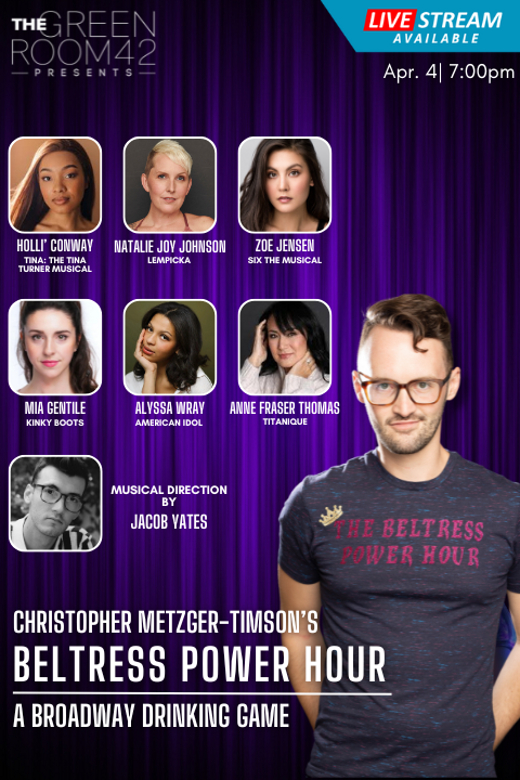Sweden has long been known for its stringent regulatory environment, and the realm of online entertainment is no exception. The Swedish licensing regulations, particularly those governing online casinos and other digital entertainment platforms, are designed to ensure a fair, transparent, and secure environment for users. These regulations have a significant impact on how online platforms operate within the country.
One notable aspect of these regulations is the requirement for online casino operators to only offer one bonus per license to its players. Additionally, all players at Swedish casinos must set maximum limits regarding deposits.
Not all Swedes appreciate the regulations. Instead, some choose casinos with a license in another country, to have a more relaxed gambling experience without limitations regarding bonuses and deposits. With the guide to casinos without a Swedish license by Goplay, one of the largest casino comparison sites in Sweden, you can learn all about how the gambling experience differs and find the most reputable online casinos.
“When reviewing international gambling sites, we pay great attention to security. We review casinos based on their licenses, level of encryption, privacy policy, and other security measures”, says Wille P, author of the Goplay guide.
But what exactly are the Swedish regulations, and how did they come to be? Understanding the historical context and the current framework can provide valuable insights into the Swedish online entertainment industry, and why some choose to gamble on foreign sites.
Historical context of Swedish licensing regulations
The history of Swedish licensing regulations is a tale of evolution and adaptation. Initially, the Swedish government maintained a monopoly over gambling and online entertainment through state-owned entities. This approach was driven by the desire to control and mitigate the potential social harms associated with gambling.
In 2019, a significant legislative shift occurred with the introduction of the new Gambling Act. This act marked the end of the state monopoly and opened the market to private operators, albeit under strict regulatory oversight. The rationale behind this move was to better control the burgeoning online gambling market, which had been operating in a grey area for years.
The new regulations required all online casinos and entertainment platforms to obtain a license from the Swedish Gambling Authority (Spelinspektionen). This licensing process was designed to ensure that operators adhered to stringent standards of fairness, security, and responsible gambling. Key legislative changes included mandatory self-exclusion tools, advertising restrictions, and stringent anti-money laundering measures.
The historical context of these regulations is crucial for understanding their current form. The shift from a state monopoly to a regulated market aimed to strike a balance between consumer protection and market freedom. This transition was not without its challenges, as both operators and regulators had to navigate the complexities of a newly liberalized market.
Current regulatory framework
Today, the regulatory framework governing online entertainment platforms in Sweden is robust and comprehensive. The Swedish Gambling Authority plays a pivotal role in overseeing and enforcing these regulations. Operators must meet several requirements to obtain and maintain their licenses.
Firstly, platforms must implement stringent measures to ensure the security and fairness of their games. This includes regular audits, random number generator (RNG) testing, and adherence to industry best practices. Additionally, operators are required to offer tools for responsible gambling, such as self-exclusion options and deposit limits.
Compliance with anti-money laundering (AML) and know-your-customer (KYC) regulations is also mandatory. Operators must verify the identity of their users and monitor transactions for suspicious activity. Failure to comply with these regulations can result in hefty fines or the revocation of the license.
The role of the Swedish Gambling Authority extends beyond mere oversight. The authority actively engages with operators to promote best practices and enhance the overall integrity of the market. This collaborative approach aims to create a safer and more transparent environment for users.
Impact on online casinos
The impact of Swedish licensing regulations on online casinos has been profound. On the one hand, these regulations have fostered a safer and more trustworthy environment for users. The requirements regarding limited bonuses and deposits, for instance, are intended to reduce the risk of players being enticed to play more than they should.
However, the regulations have also posed challenges for operators. Compliance with stringent standards can be costly and time-consuming. Smaller operators, in particular, may struggle to meet these requirements, leading to market consolidation and reduced competition.
Moreover, advertising restrictions have limited the ability of online casinos to attract new users. Operators must navigate a complex web of rules governing the promotion of their services, which can stifle marketing efforts. Despite these challenges, many operators view the Swedish market as lucrative and are willing to invest in compliance to gain access.
The trend of offering low deposit minimums has emerged as a strategy to attract and retain users. By lowering the barrier to entry, online casinos can appeal to a broader audience. This approach aligns with the regulatory emphasis on responsible gambling, as it encourages users to engage with the platform without significant financial commitment.
Broader implications for the online entertainment industry
The implications of Swedish licensing regulations extend beyond online casinos to other sectors of the online entertainment industry. Online gaming, streaming services, and digital content providers are all influenced by the regulatory environment.
For online gaming platforms, the regulations ensure that games are fair and secure, fostering user trust. Streaming services must adhere to content and advertising standards, ensuring that users are not exposed to harmful or misleading content. Digital content providers, too, must navigate the regulatory landscape to offer compliant and user-friendly services.
The broader impact of these regulations is a more secure and transparent online entertainment ecosystem. Users can engage with various platforms, confident that they are protected by stringent regulatory standards. This trust is crucial for the long-term sustainability of the industry.
- Richard Nelson
Authors
Videos
 |
The Death of the Swan
Chain Mainstage (4/8 - 4/13) NEW PLAY | |
 |
2025 Spring Season
Grand Ballroom at Bohemian National Hall (4/10 - 4/11)
PHOTOS
| |
 |
Thank You For The Music - Celebrating Family Through Broadway
54 Below (4/3 - 4/3) | |
 |
One Night Only! Shit Isn’t A Dirty Word - How Gut Health Made Me Who I Am
Theatre One at Theatre Row (4/3 - 4/3) LIMITED TICKETS REMAIN OFF-OFF-BROADWAY PREMIERE
PHOTOS
VIDEOS
DISCOUNT
| |
 |
Just Juliet
Marjorie S Deane Little Theater at the West Side YMCA (4/30 - 5/4) | |
 |
Point Loma
Chain Theatre (5/31 - 6/15) NEW PLAY | |
 |
Piano Panties: A Cheeky Cabaret Show
Sid Gold’s Request Room (7/2 - 6/30) | |
 |
CMT's Beltress Power Hour: A Broadway Drinking Game
The Green Room 42 (4/4 - 4/4) | |

|
Trynna Be A Playa But Don't Know How To Play The Game
Dixon Place (5/1 - 5/3) | |

|
Broadway Magic Hour
Broadway Comedy Club (6/8 - 6/8) | |

|
Classic(al) Cartoons!
St. Paul & St. Andrew Church (4/5 - 4/5) | |

|
ROMEO & JULIET
Ajkun Ballet Company at Ballet Arts Rudolf Nureyev Space in the historical landmark The City Center (4/12 - 8/10) | |
|
Ken Ludwig's Shakespeare in Hollywood
Syracuse Shakespeare-in-the-Park (4/4 - 4/6) | ||
| VIEW SHOWS ADD A SHOW | ||
Recommended For You


